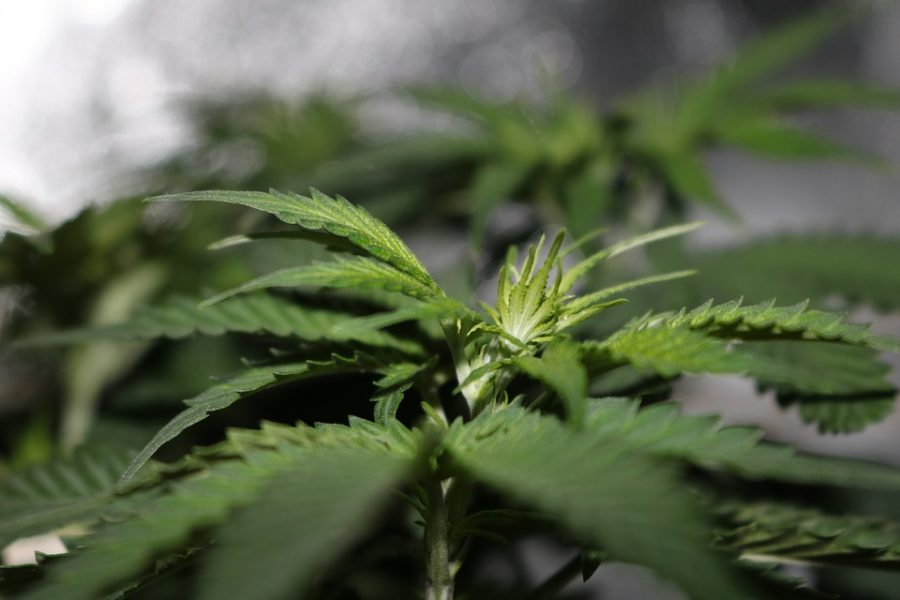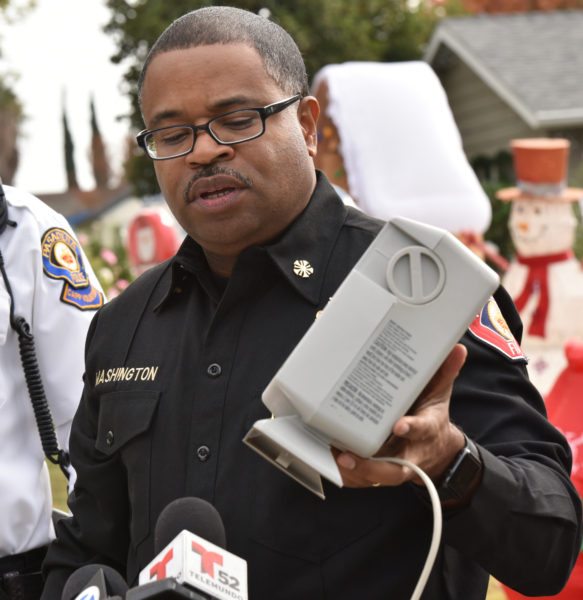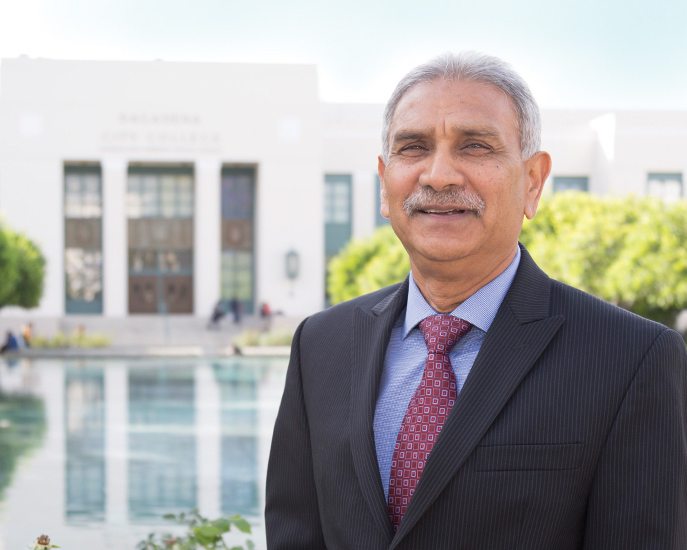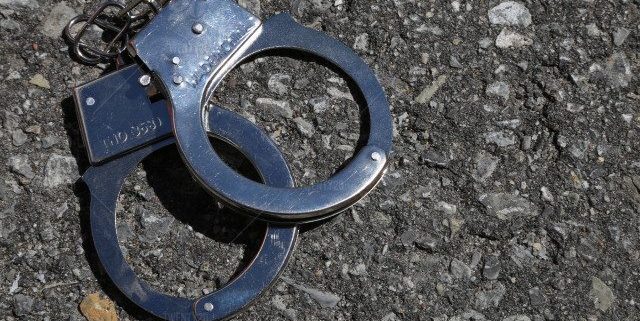
Mayor unsure where to draw the line
By Galen Patterson
Proposition 64 came into action on Jan. 1 of 2018, which created a whirlwind of legalized marijuana activity in California. The city of Arcadia has tried in recent years to put policies in place before recreational marijuana became legalized.
“Arcadia has been very proactive when it comes to marijuana,” says Arcadia Mayor Peter Amundson. When medicinal marijuana dispensaries began popping up, Amundson says the city passed an ordinance which stopped any dispensaries from setting up shop in Arcadia.
Now that marijuana is legal for recreational usage, the city is holding fast in its stance against it. “We have sought the strictest regulations under California law,” says Mayor Amundson. What this means is the city is actively working to discover ways in which it limit the use and sales of recreational marijuana within the city. Amundson points out that since the legislation is so new, he himself isn’t sure where the lines can be drawn, but says one area the city seeks to provide barriers is in the outdoor cultivation of marijuana plants.
Currently, citizens are allowed to privately grow up to six separate marijuana plants. The city of Arcadia wants people to keep those plants out of public view.
On Jan. 4, Arcadia Police Officers Mike Vercillo and Steve Delgadillo held a meeting at the Arcadia Chamber of Commerce, where they educated members of the public on every aspect of marijuana, including methods of use, and terminology. According to Vercillo, the police were asked to help parents and members of the public understand what marijuana is, what it does and how it went from demonized to legal in under a decade.
The presentation, which is primarily geared toward parents and adults in general, also includes displays of actual marijuana for the public to smell and become more familiar with.
Officer Vercillo has two main concerns with recreational marijuana. The first is arguably the most hazardous and highlights the difficulty with which police with henceforth have identifying whether or not somebody is driving under the influence of marijuana.
Aside from the odor, marijuana breathalyzers are not in the hands of Arcadia’s police officers and normal testing usually takes time and sanitary conditions, such as hair, urine or blood testing. “Law enforcement right now, does not have adequate measures to tell if someone is actually impaired [by marijuana],” says Mayor Amundson. “It puts a lot more of a burden on our officers.”
Vercillo’s second concern in the pesticides people will use on their marijuana plants. Currently, private citizens are not allowed to sell their plants and marijuana to each other. However, they can give up to 28.5 g or 1 oz. of marijuana, or 8 g of concentrated marijuana, used for vape pens. Officer Vercillo cites the recent case where certain pesticide chemicals, including those found in Round-Up, the commonly-used pesticide, were found to be carcinogenic by the World Health Organization.
Currently, there are no public facilities in the city of Arcadia where citizens can openly use marijuana outside of their homes, and Mayor Amundson assures that the business and family-friendly city aims to keep it that way.






